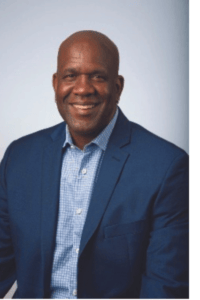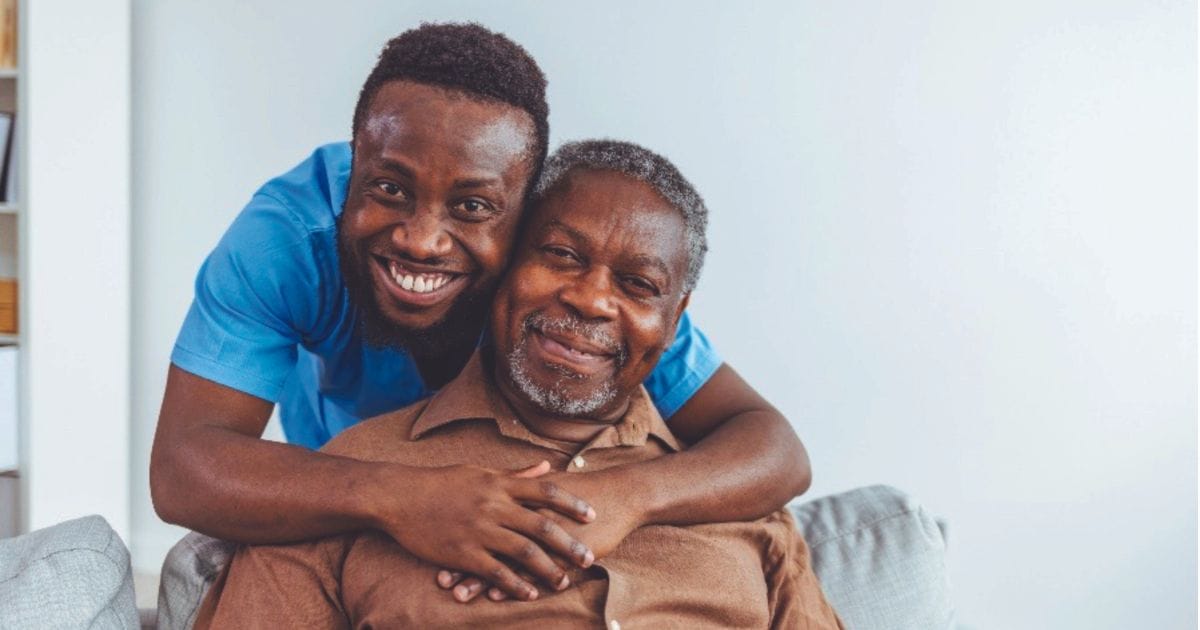By Keisha L. Jackson
Black men have the worst health profile in the United States. Black men also have a lower life expectancy and higher death rates than any other ethnic group in our country. Though some Black men may forgo scheduling long overdue/much-needed checkups and annual exams because of their distrust in the medical system, some want to schedule appointments for themselves but say they “Don’t have time.”
Before these Black men are dismissed or stereotyped as “_____,” consider all the Black men who are husbands taking care of their spouses, fathers taking care of a child, sons taking care of parents, brothers aiding siblings, uncles/cousins/grands/nephews/in-laws/neighbors/coworkers helping…
Who are these men hiding in plain sight? Black male caregivers.
The American Association of Retired Persons (AARP) reported nearly 3 million African American men are taking care of an adult family member or non-relative, usually someone with memory, emotional, or mental health conditions.
America’s Heroes Group Military Families Matter invited Dr. Robert W. Turner II to talk about “The Black Male Caregiver of Loved Ones with Dementia.”
Turner is the Principal Investigator (PI) for the National Institute on Aging (NIA), Health Disparities, and provides care for his father who has dementia. NIA conducts multi-method research to assess caregiver burden. The research explores whether the stress of being the primary caregiver of a person with dementia (PWD) produces cognitive dysfunction in adult and older adult Black American men.
There are many “unknowns” about the health effects of “The Black Male Caregiver of Loved Ones with Dementia.”
A few “knowns” are:
- Black male caregivers take pride in caring for their loved ones
- Masculinity can make it hard to ask for help
- Often Black male caregivers suffer in silence because they are dis-inclined to discuss being a caregiver with others
Though there is much to learn about how caregiving for dementia patients affects the physical and brain health of Black male caregivers, we can encourage Black men (in general) to:
- Eat healthy (even when challenged by time)
- Schedule health checkups
- Become/stay physically active (this could be going for walks)
- Get the proper amount of rest and sleep
- Ask for help (especially before it’s too late)
- Look for/join support groups
- Find out what community resources are available
Black male caregivers…there’s a team rooting for you and we want you to know “we-care.”

Dr. Robert W. Turner II is a former professional football player and is currently an Assistant Professor in the Department of Clinical Research and Leadership at the George Washington University School of Medicine & Health Science. He also holds a position as a Research Scientist in the Center on Health & Society at Duke University. Dr. Turner is an author and a health disparities researcher focusing on former athletes and Black male caregivers of loved ones with dementia.
To learn more about research being conducted for “The Black Male Caregiver of Loved Ones with Dementia,” contact [email protected] or www.rwturnerlab.com/black-male-caregiver-burden-study.






